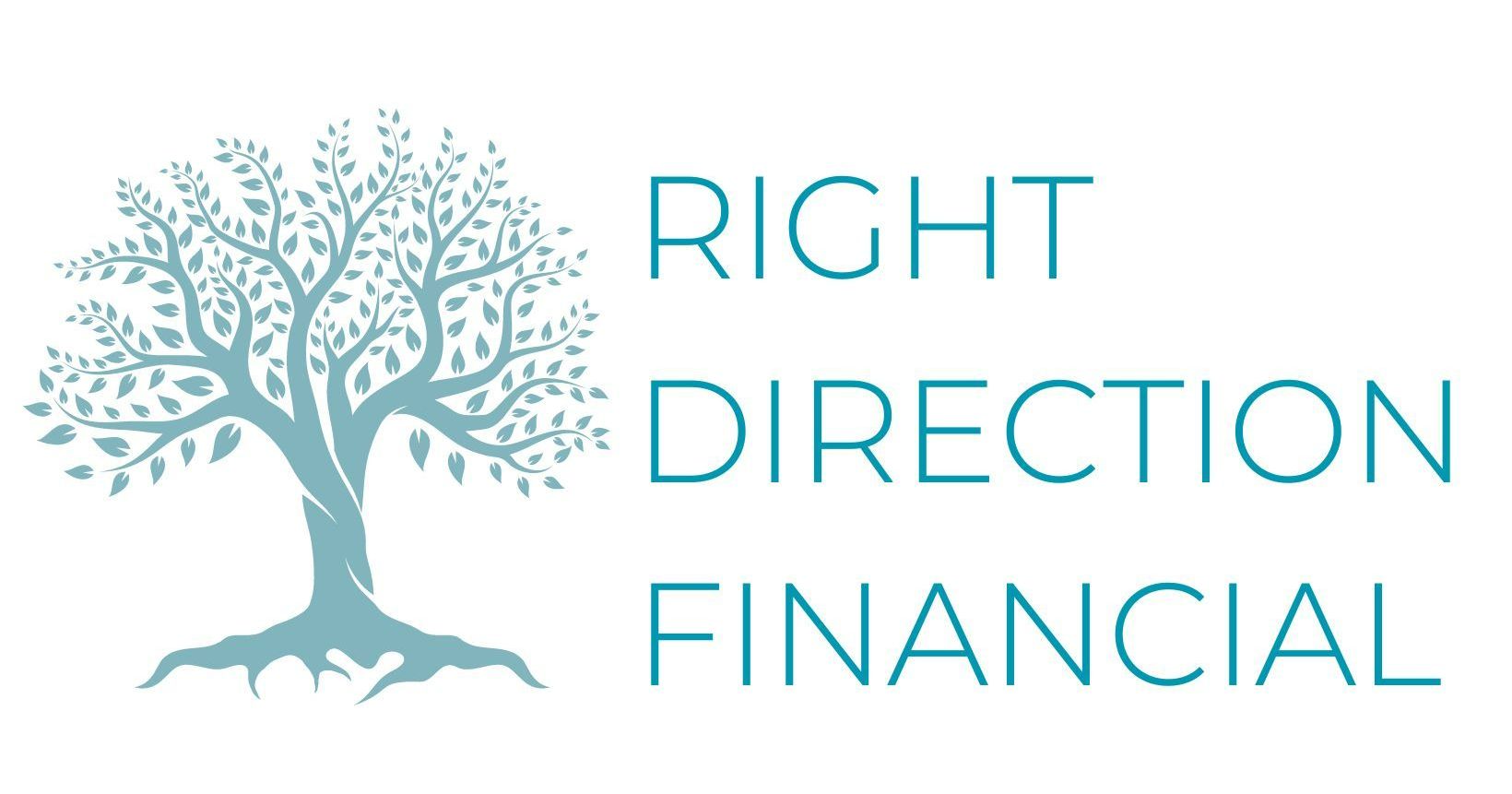As a Nutrition and Fitness Coach, I am no stranger to physical health assessments.
When we think of good health, it’s often associated with body composition or weight, cholesterol levels, blood pressure or fitness levels. When health is discussed in social settings, the topics range from heartburn and migraines to personal bests on marathons.
What does this all have in common?
We tend to associate health dominantly with physical health. Yes, physical health is vital and undeniably important. It’s how most of us have been taught to think about health since we were old enough to understand. But what’s often overlooked is that physical health is only one component of deep health.
Deep health encompasses so much more!
Deep health is a state of thriving in all areas of your life, not just the physical. I like to refer to these areas as “dimensions” of deep health. The six dimensions of deep health are: physical, emotional, mental, social, environmental, and existential. Once each of these dimensions are understood, it’s easy to see that by focusing only on physical health, you’re assessing your health through a very narrow lens and missing many valuable insights.
6 Dimensions of Deep Health:
1. Physical: Feeling energetic: your body performs and functions well
2. Social: Having a sense of connection and belonging to the people in your life
3. Emotional: Being able to tune into, process and express your feelings and emotions
4. Mental: Being able to think clearly, focus and remember important things
5. Environmental: Living amidst surroundings that feel safe and important
6. Existential: Having an underlying sense of gratitude, purpose, and joy
Truly understanding deep health holistically can also help you determine what actions will make the most positive impacts on your life. On the pursuit of health, we know that habits are key. But if our motivation is physical health, changing a habit for good can be challenging if we don’t see or feel the physical changes right away.
Or possibly we’re not motivated by physical health. What if we understood how changing a habit could affect our deep health on multiple levels? Might we be more likely to sustain it? Because interestingly, without us even knowing it, our ability to eat, move and sleep in a way that’s sustainable, depends on the other five dimensions of deep health.
Let’s use the example of persistent trouble sleeping. We know that poor sleep effects physical health, but let’s consider how it effects your emotional, environmental, mental, social, and existential health.
Persistent Trouble Sleeping Effects:
- Physical: Fatigue and lethargy
- Social: Snapping at partner
- Emotional: More sensitive to criticism
- Mental: Distracted and unfocused
- Environmental: Messy and disorganized house
- Existential: Less energy for meaningful and fun activities
Now let’s look at how the effects of poor sleep feed the issue of persistent trouble sleeping:
- Physical: Fatigue and lethargy ~ Irregular meals ~ Persistent trouble sleeping
- Social: Snapping at partner ~ Tension with partner ~ Persistent trouble sleeping
- Emotional: More sensitive to criticism ~ Heightened work anxiety ~ Persistent trouble sleeping
- Mental: Distracted and unfocused ~ Shutting work laptop down 2 minutes before bed ~ Persistent trouble sleeping
- Environmental: Messy and disorganized house ~ Cluttered bedroom stressing you out ~ Persistent trouble sleeping
- Existential: Less energy for meaningful and fun activities ~ Lying awake wondering if this is all life is ~ Persistent trouble sleeping
To go even deeper, each one of those effects begin to feed each other: A messy house can contribute to snapping at your partner. Irregular meals contribute to less energy. Heightened work anxiety leads to shutting your work laptop down 2 minutes before bed.
Each of our dimensions of health are becoming negatively intertwined. And all this time we thought poor sleep was simply affecting our physical health. Understanding the way various aspects of life work together to create your complex human experience is where the real insights begin.
Now that we see how various aspects of health are affected by ONE issue (poor sleep), let’s use the same example to see how various aspects of health can be affected by ONE solution- an evening wind down ritual.
Evening Wind Down Ritual Effects:
- Physical: More energetic and active ~ Meal planning and more home cooked meals ~ Evening wind down ritual
- Social: More patient with partner ~ Partner does evening ritual too meals ~ Evening wind down ritual
- Emotional: Calmer and less reactive ~ Feel less identified with work meals ~ Evening wind down ritual
- Mental: More engaged and productive during work hours ~ Boundaries around working hours reduced stress meals ~ Evening wind down ritual
- Environmental: Don’t associate home with work as much ~ Tidier house feels relaxing meals ~ Evening wind down ritual
- Existential: Inspired to contribute in a bigger way ~ Clearer sense of purpose helps prioritize between work and life meals ~ Evening wind down ritual
Notice the relationship between these elements.
For this hypothetical well-rested person, better sleep is causing better focus and productivity during standard work hours. This frees up time outside of work, which helps them build up other aspects of their identity and feel less defined by work. Meal planning and more regular healthy, home-cooked meals are also helping daytime mood balance. The energy they’ve gained from sleeping better is also helping them think in a bigger way about your life, and how they’d like to contribute to the world or their community in a meaningful way.
All the dimensions work together, building positive momentum and providing scaffolding for even more improvements.
Our health isn’t dependent on one single aspect, such as physical health. So, improving our health shouldn’t be confined to working on one dimension. Health is supported by a network of intersecting, interdependent factors.
And when that network is strong and working together, it creates a state of health that is richer, deeper, and more resilient than anything you’ve ever experienced.
Source: https://www.precisionnutrition.com/deep-health-guide
Disclaimer: iA Private Wealth Inc is a member of the Canadian Investment Industry Regulatory Organization of Canada. iA Private Wealth is a trademark and business name under which iA Private Wealth Inc. operates. This information has been prepared by Kelsey Maxwell who is a Business Development Manager for iA Private Wealth Inc. Opinions expressed in this post are those of the Business Development Manager only and do not necessarily reflect those of iA Private Wealth Inc.


















